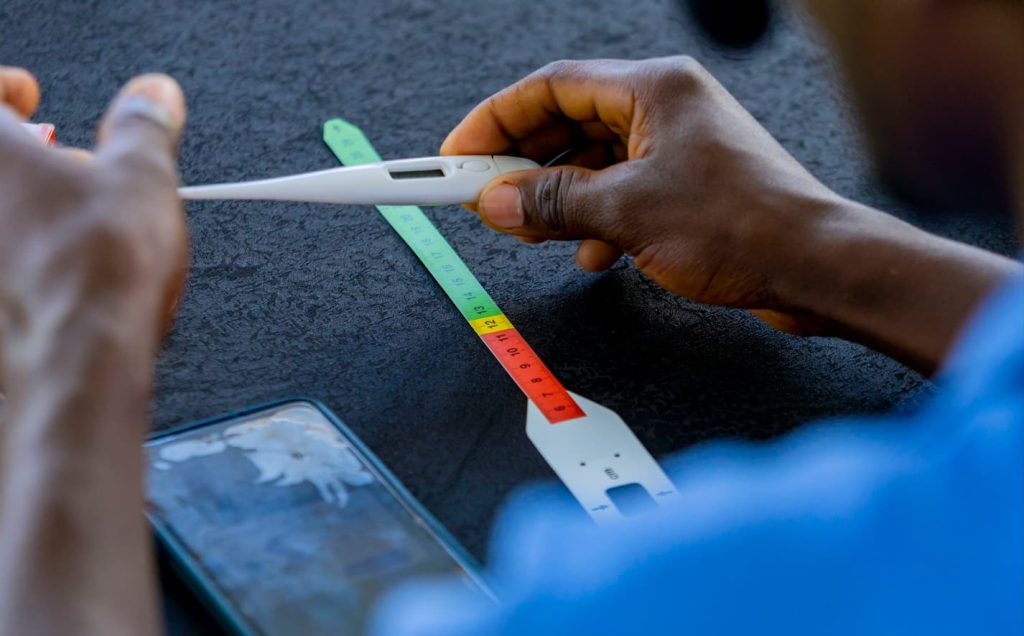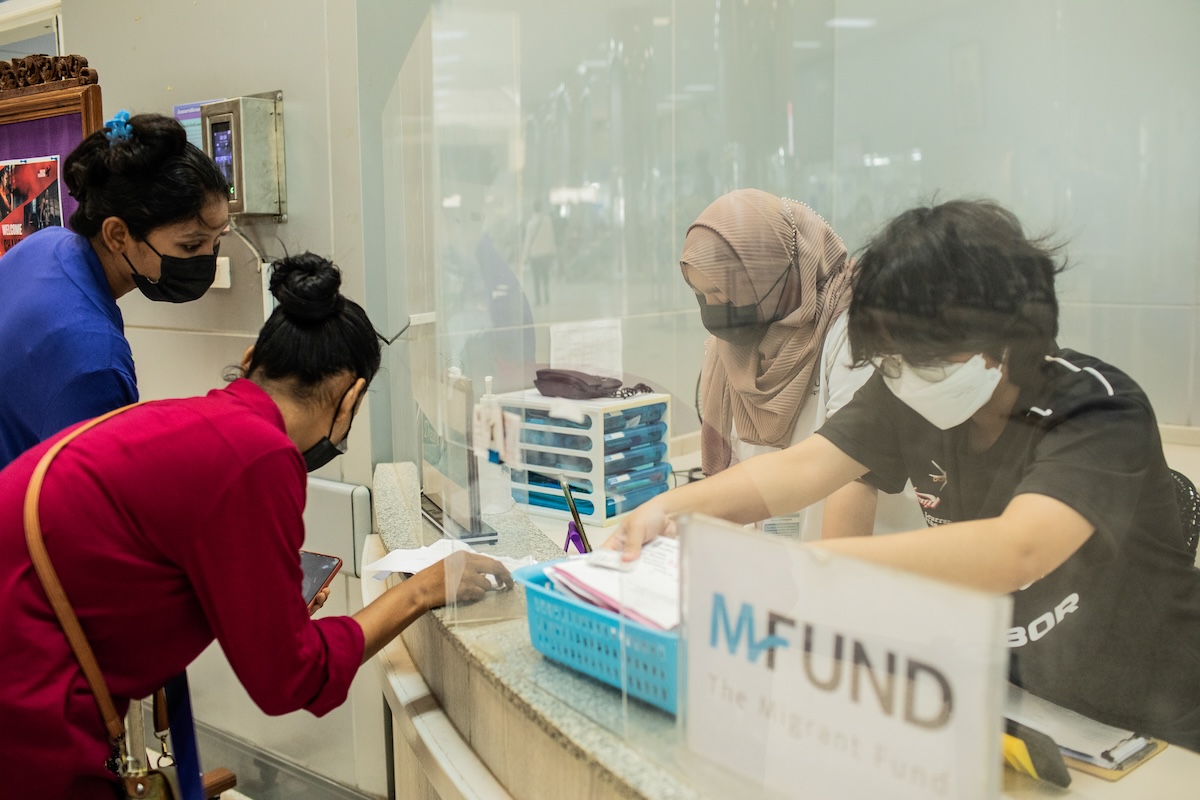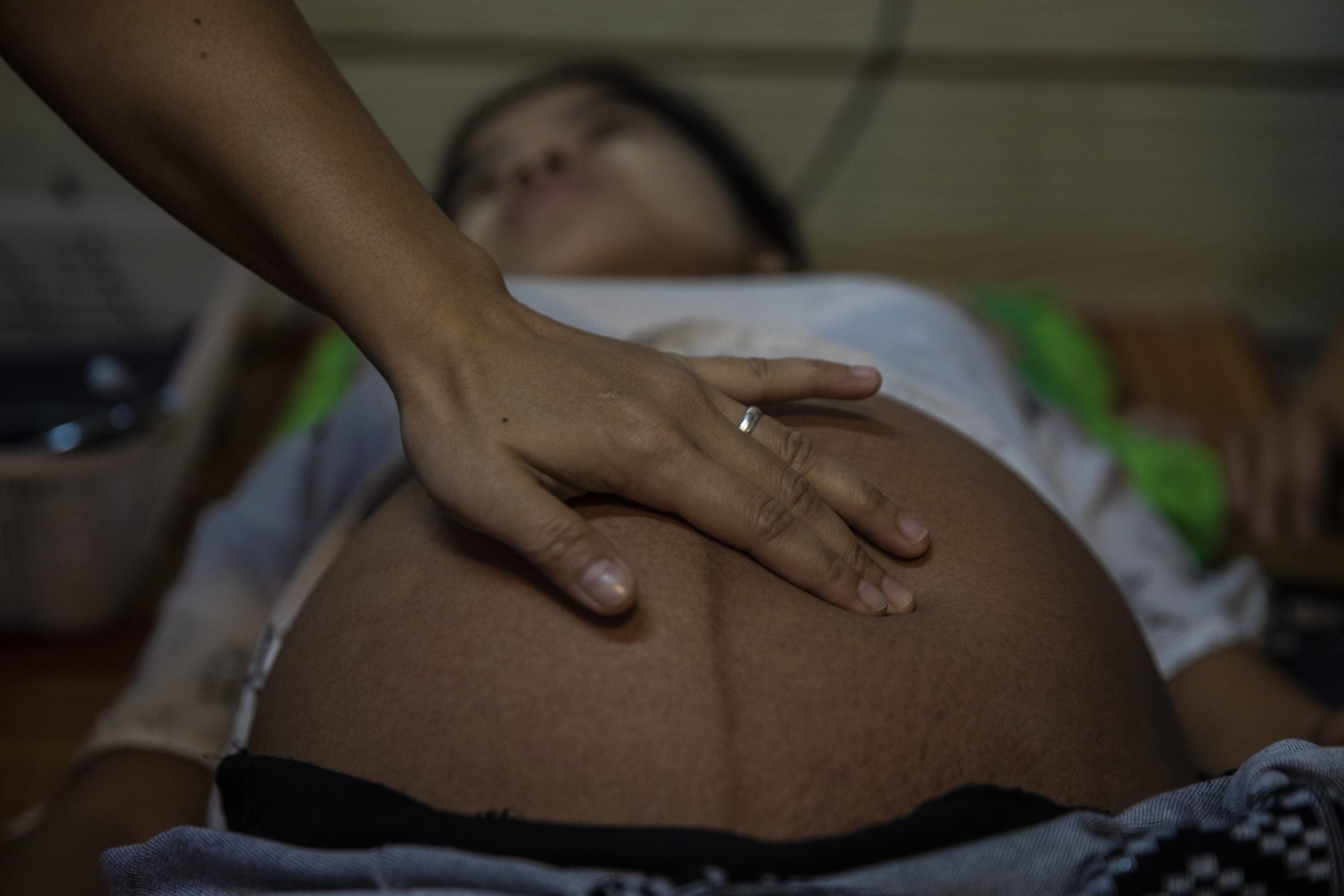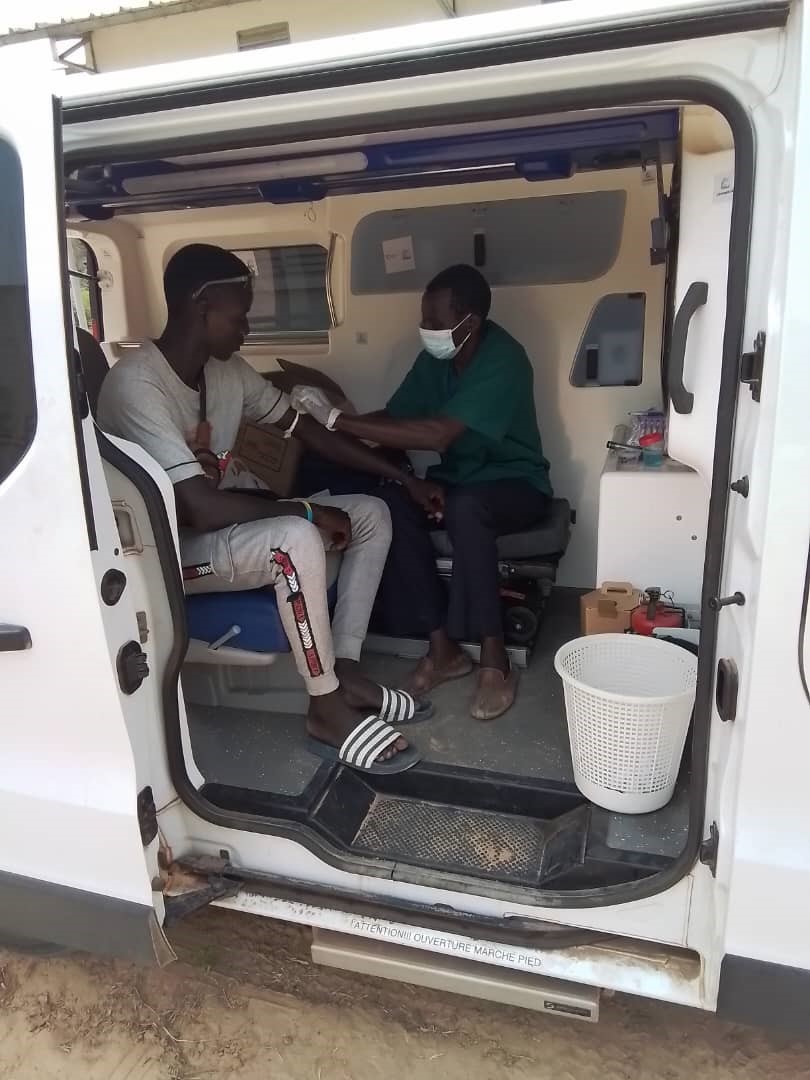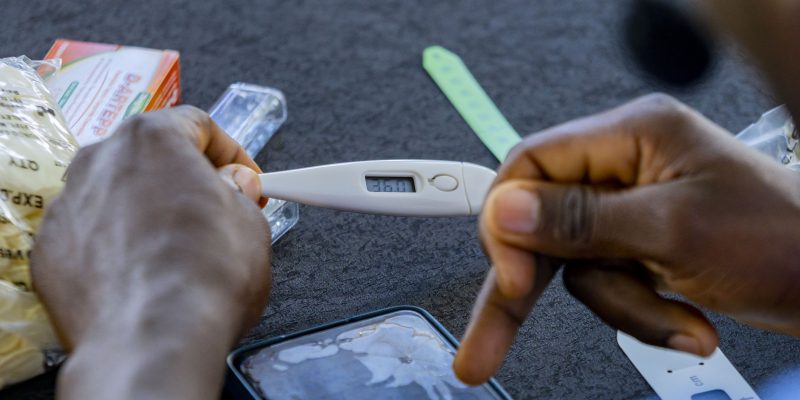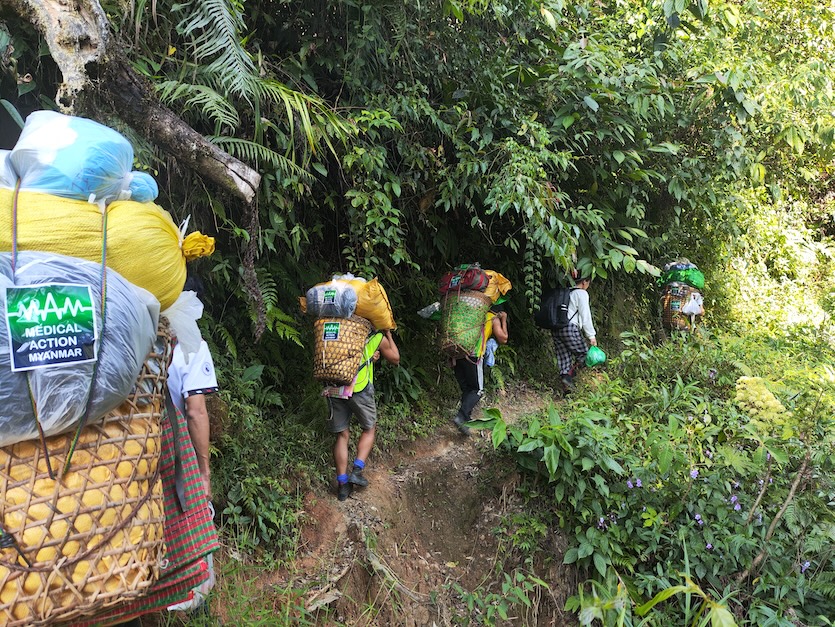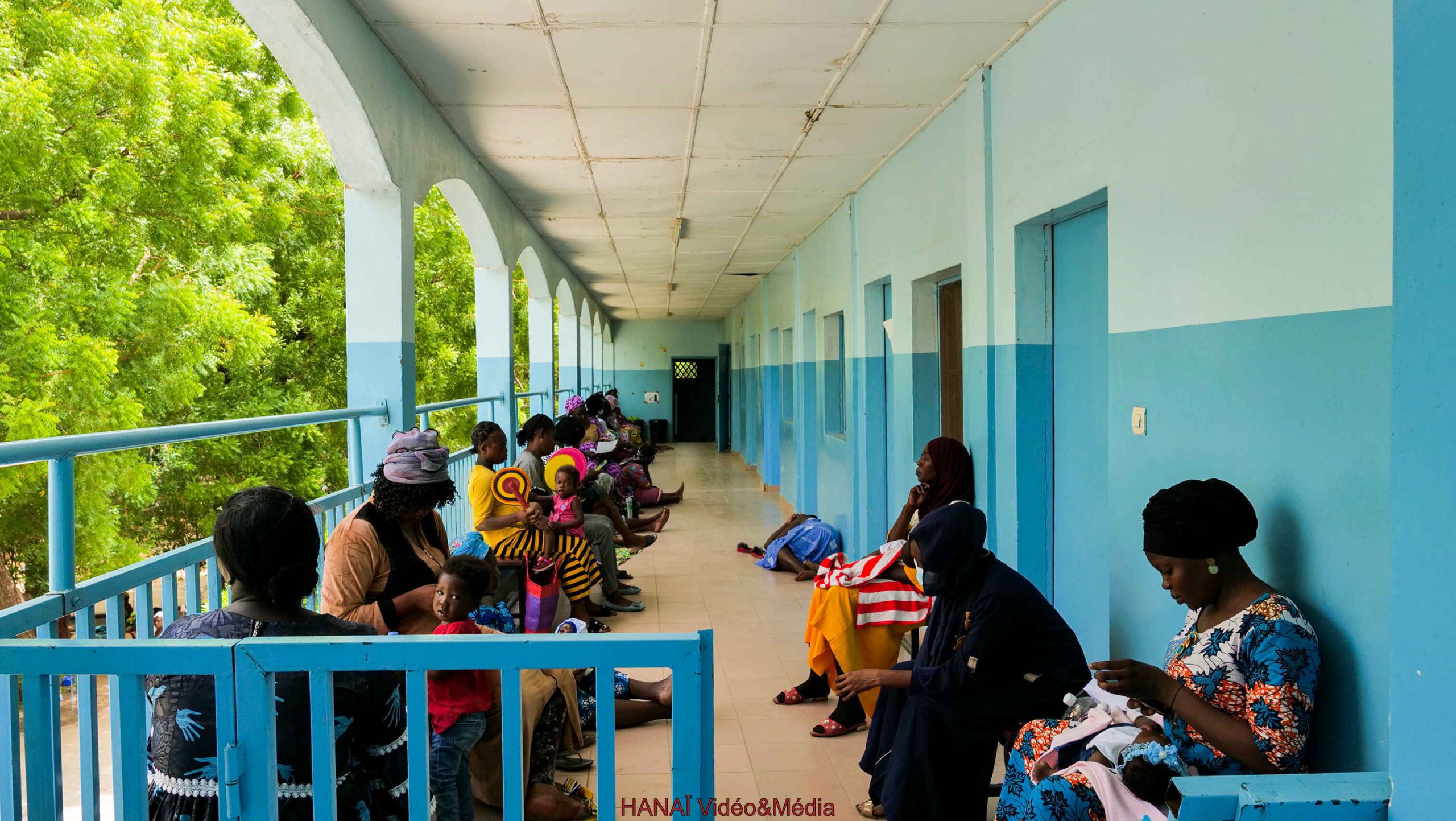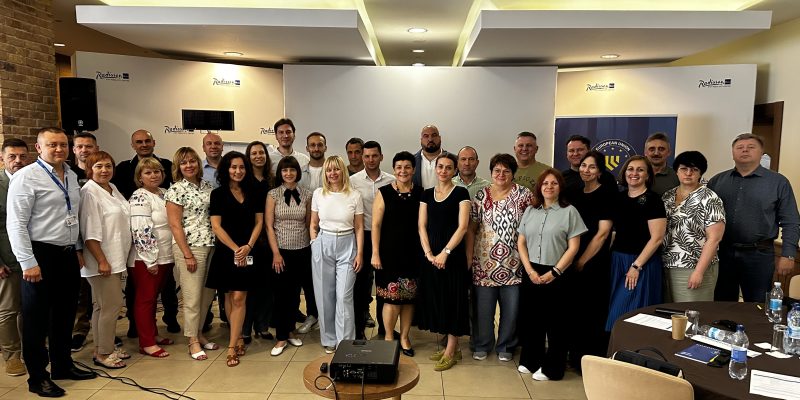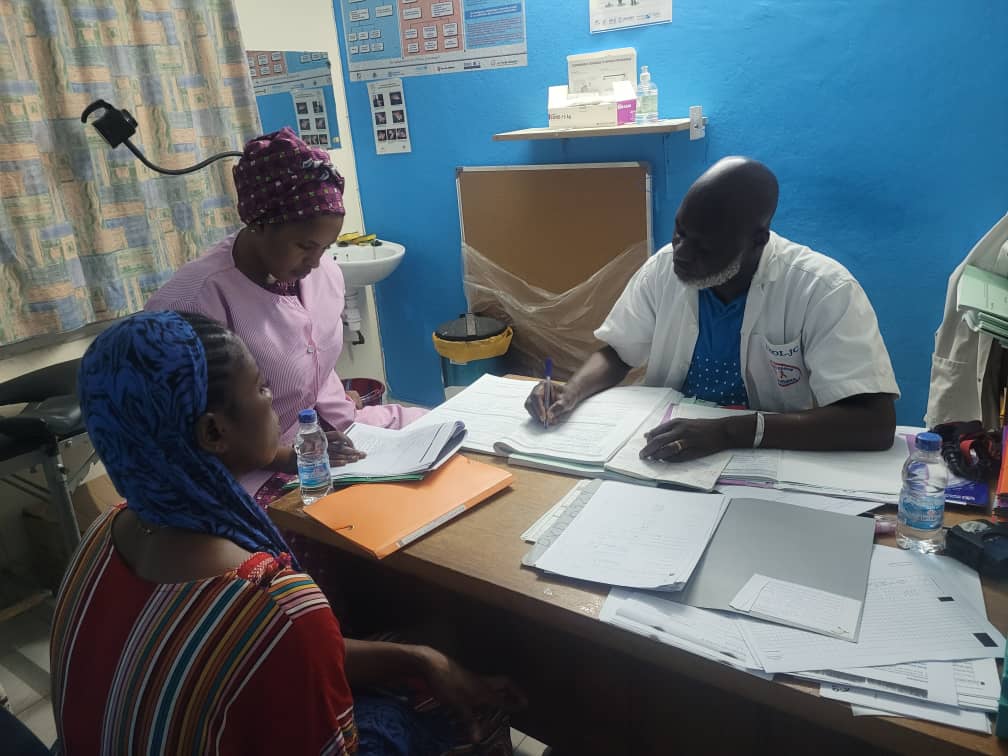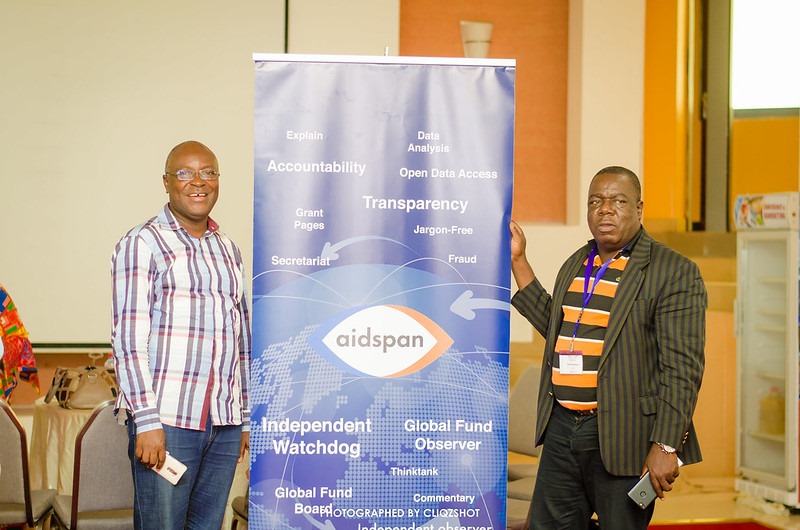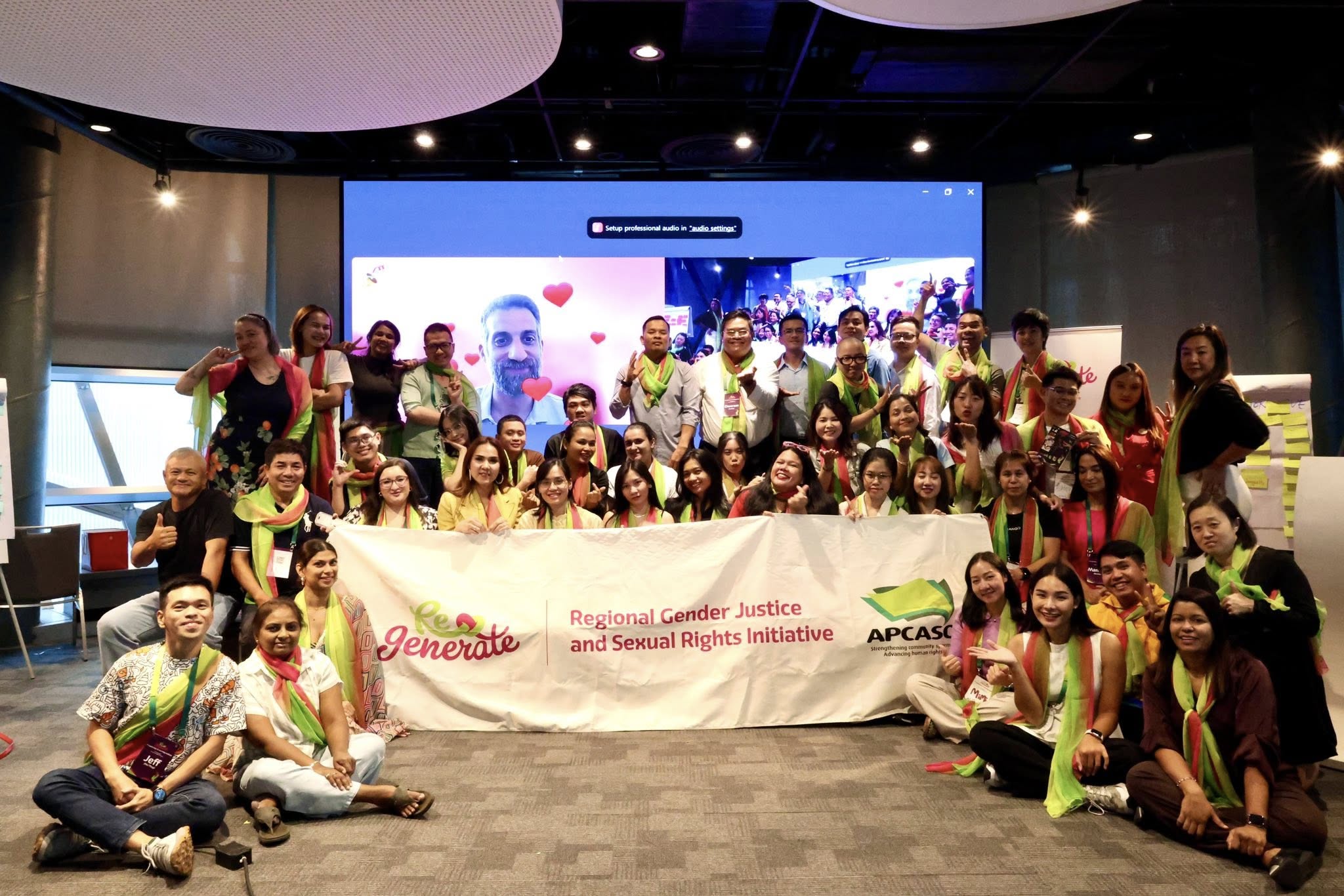To strengthen gender equity and accelerate universal health coverage, an AI-driven digital platform will provide Rwanda’s 60,000 community health workers (CHW) with continuous training, real-time supervision and improved connectivity with patients.
Context
The Rwandan CHW programme comprises approximately 60,000 community health workers. They deliver 15 essential health services nationwide and now manage more than half of malaria cases, easing pressure on formal health facilities (55% in 2022 versus 13% in 2015). However, the current cascade, in-person training model remains costly, unsustainable and unstandardised. It limits continuous mentoring, knowledge updating and responsiveness to emerging health challenges. Within Rwanda’s ambitious digitalisation agenda, modernising the CHW programme with artificial intelligence powered- digital platforms is essential to improve the quality, efficiency and sustainability of community health services and to consolidate health gains.
Description
To accelerate the CHW programme’s digital transformation through an AI-integrated platform, AI-CHW Rwanda will gradually replace in-person training with a dynamic online system offering personalised learning, virtual mentoring and automated certification. Integrating AI tools into the community electronic record (cEMR) will enhance diagnostics, outbreak prediction, automated reporting and gender- and demography-aware CHW–patient matching. Key innovations include geo-referenced tools for rapid response; a free hotline and natural-language processing adapted to Kinyarwanda. The project builds on investments already made by the Government, the Global Fund and partners, ensuring smooth integration with existing health programmes.
Impact
The project aims to reduce training costs, improve accessibility and strengthen health-system resilience. By equipping CHWs—64% of whom are women—with digital skills and professional recognition, it promotes gender equity and economic empowerment. Savings generated could help finance CHW remuneration, reinforcing programme sustainability, while providing a digital-transformation model to inspire regional and global policies in support of Universal Health Coverage.
